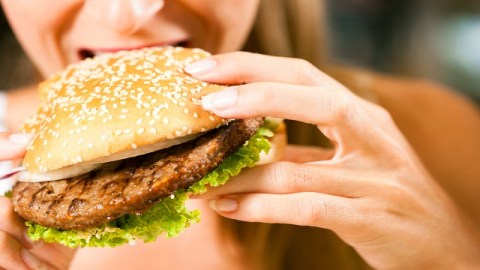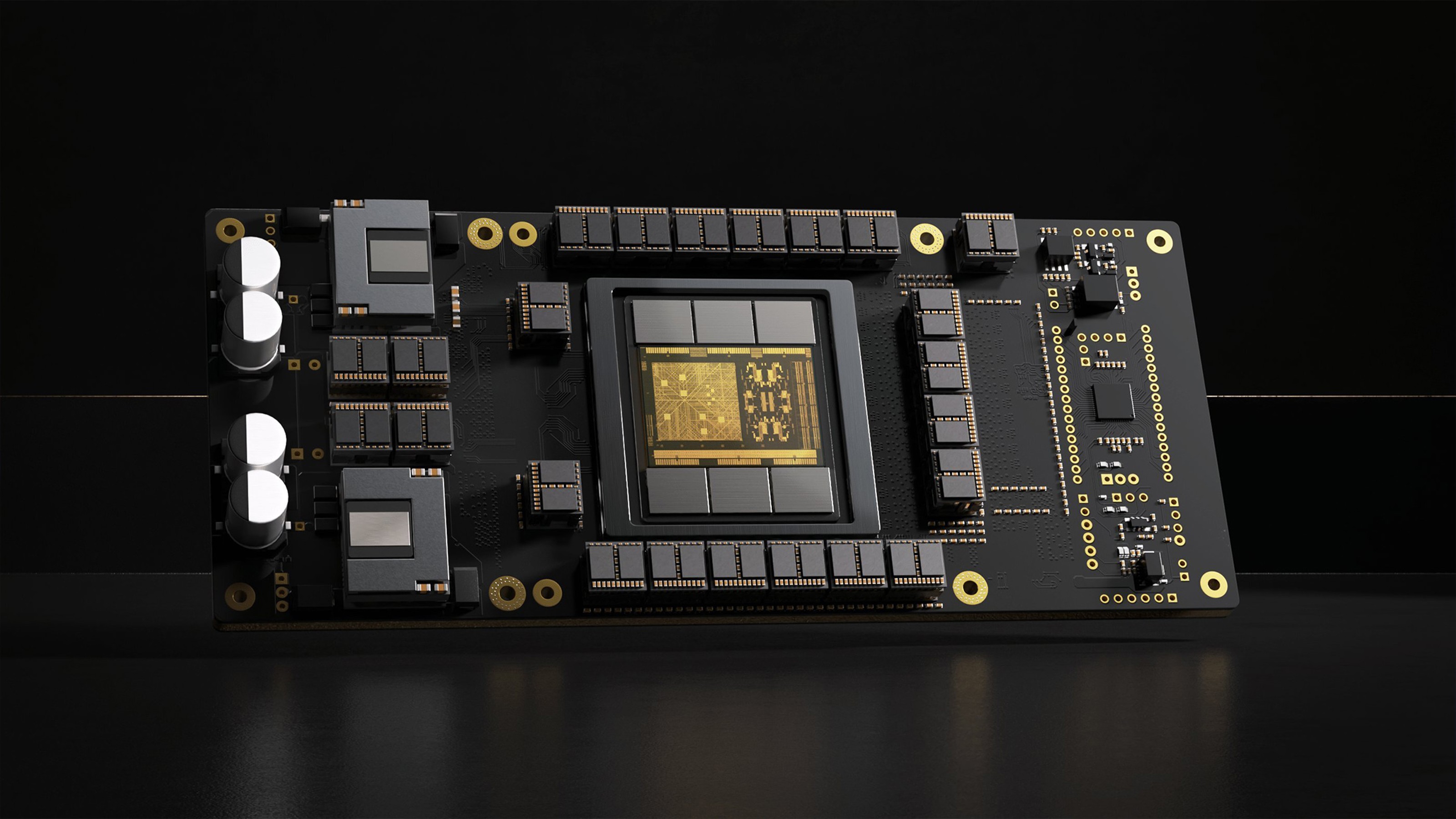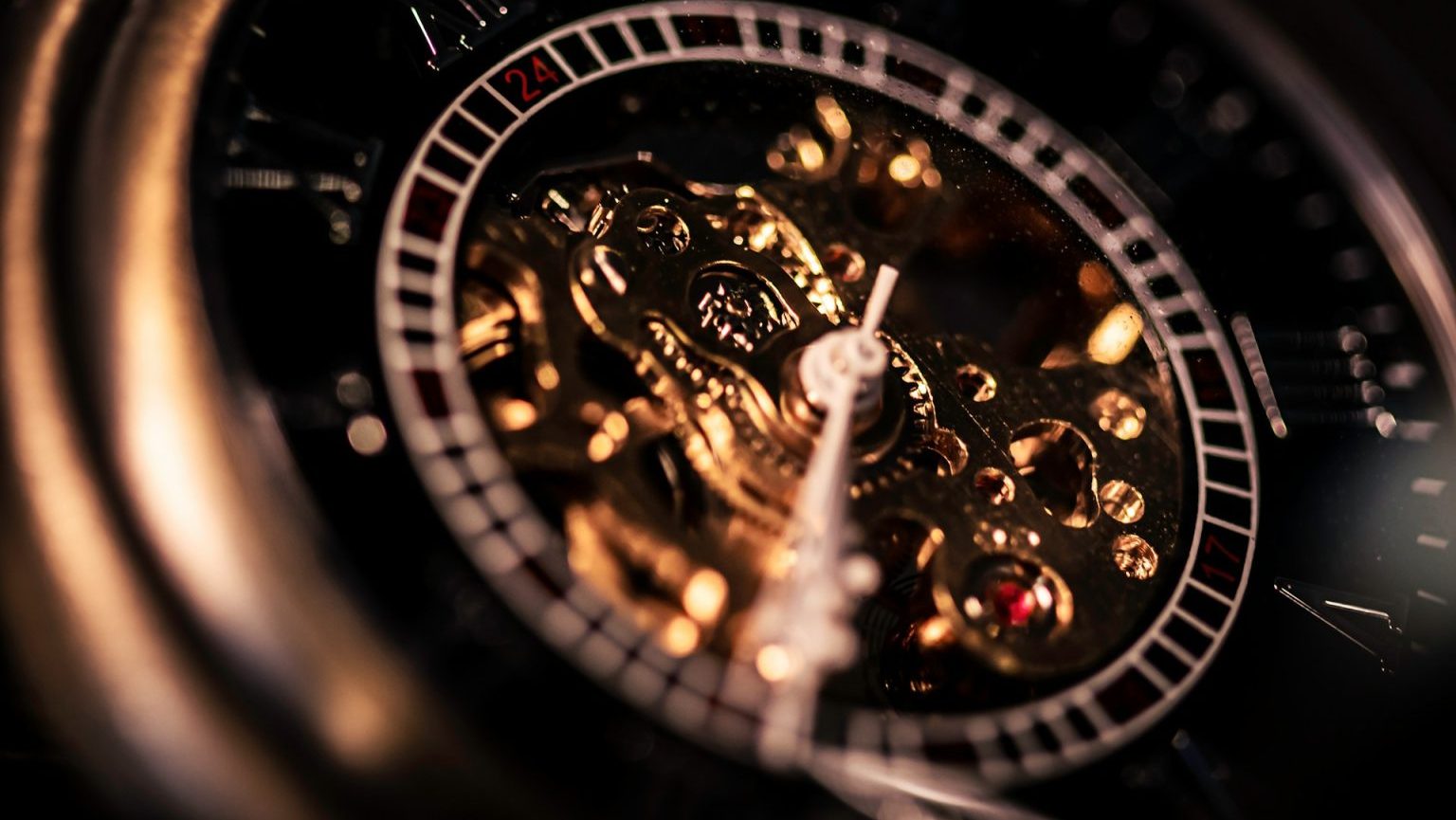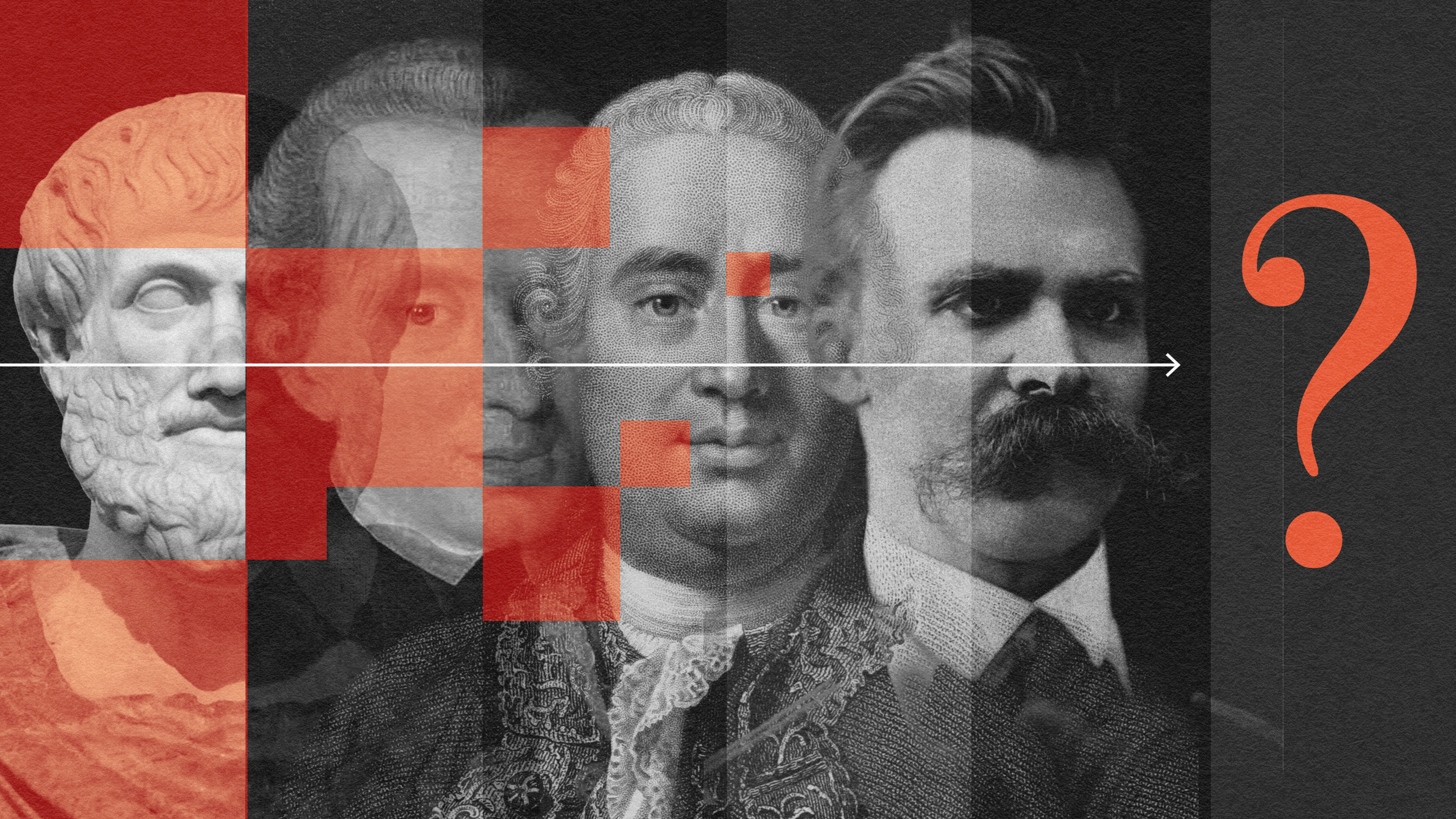Are all calories created equal?

It’s that time of year again. My gym is chock full of New Year’s resolutioners–hogging treadmills and filling up space in already tight Zumba classes, desperate to lose a few pounds in 2013.
We know that most of these people won’t keep to their weight loss resolutions. In a few weeks, the gym will be back to the regulars, the vision of all those January crowds just an annoying memory. But why won’t most people keep up their quest for fitness? Because they can’t figure out why, even after working out and trying to diet, they aren’t losing weight.
Think about it. For years, we’ve heard the same line about weight loss: Eat less, exercise more. We’ve been told that a calorie is a calorie is a calorie–and we simply need to burn more calories than we take in if we want to lose weight. Simple, right? But as anyone who has fought the battle of the bulge can tell you, it rarely feels that simple. And a new imaging study from the Yale University School of Medicine may offer us one clue as to why. Maybe our brains don’t see all calories as “equal.”
Kathleen A. Page, M.D., and colleagues scanned the brains of 20 healthy adults after ingesting a sugary drink. Each participant was scanned twice–once after a fructose drink and the other time after a glucose drink. The group then looked at relative changes in cerebral blood flow in the hypothalamic regions of the brain, an area involved with feeding and appetite behaviors. They also queried the group on their feelings of fullness.
They found something very interesting. The glucose drink decreased activity in the hypothalamus, insula and striatum, the brain regions that affect appetite, reward and motivation–and increased self-reported ratings of satiety. The glucose also increased functional connections between the hypothalamus and the striatum. The findings were published in the January 2 issue of JAMA.
What does this mean exactly? Well, even though we’ve been told that a calorie is a calorie, the calories from fructose may affect the brain differently. They may not signal the brain that we’re full, that we no longer need to seek out food and eat. It may actually spur us to overeat. This has certainly been observed in animal studies. And while this is a small (and not uncontroversial study), it probably makes a lot of sense to those resolutioners who will give up the gym come February.
What do you think?
Photo credit: Kzenon/shutterstock.com





